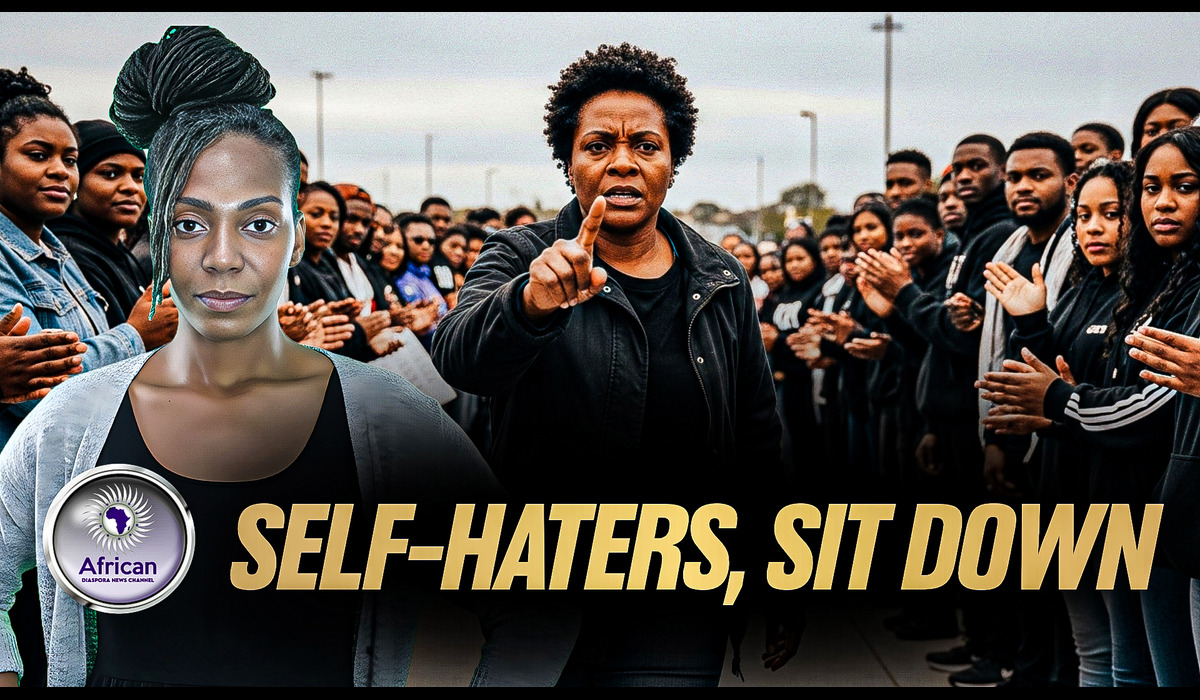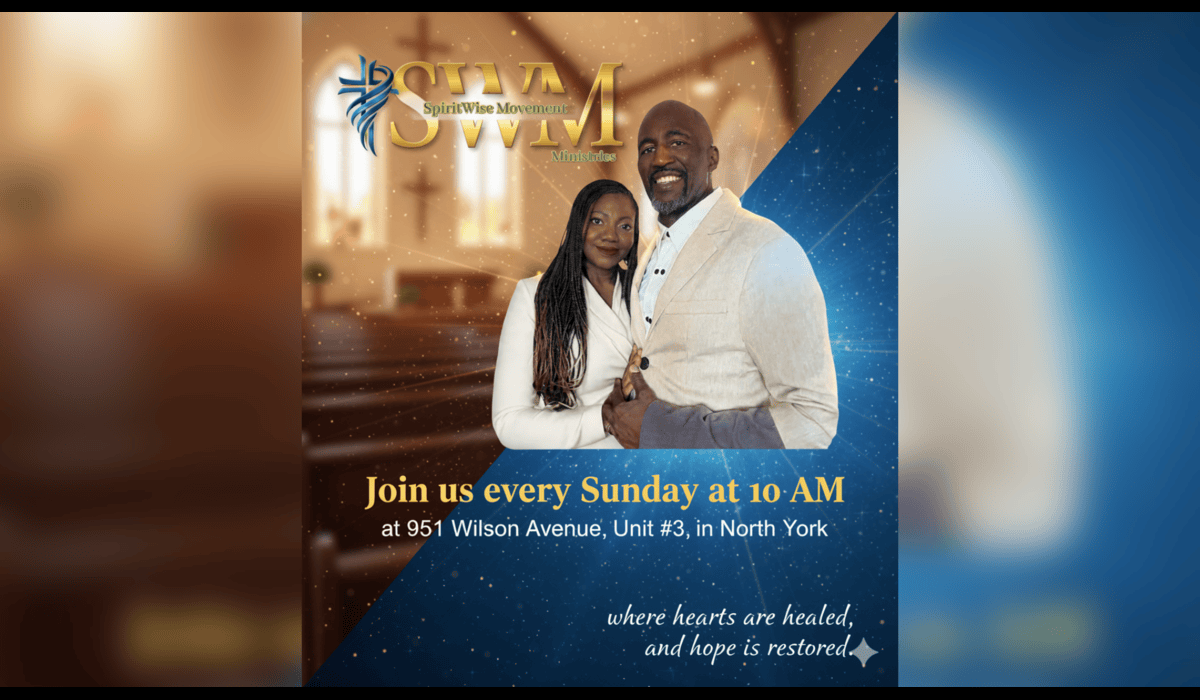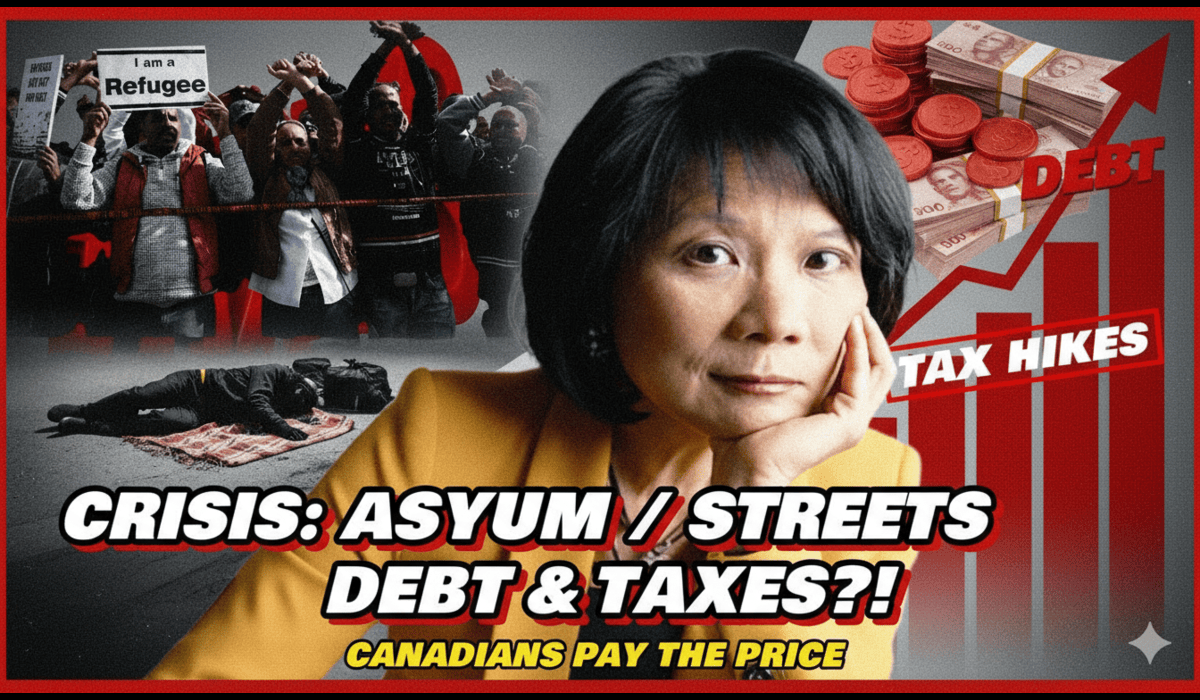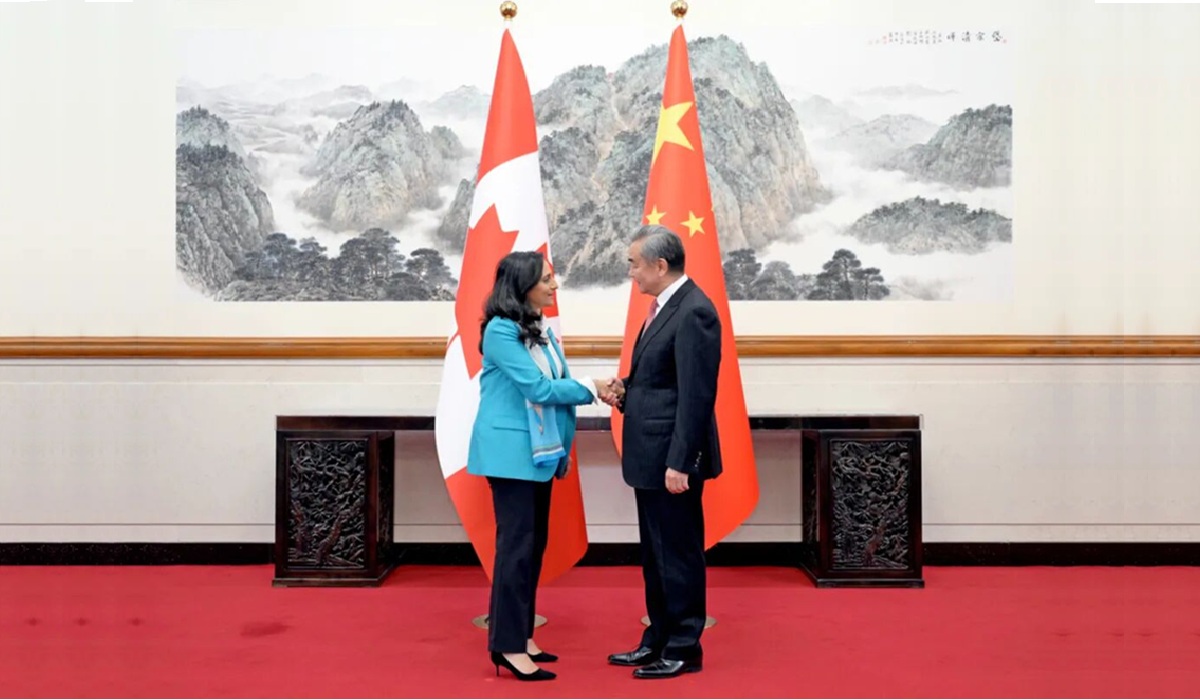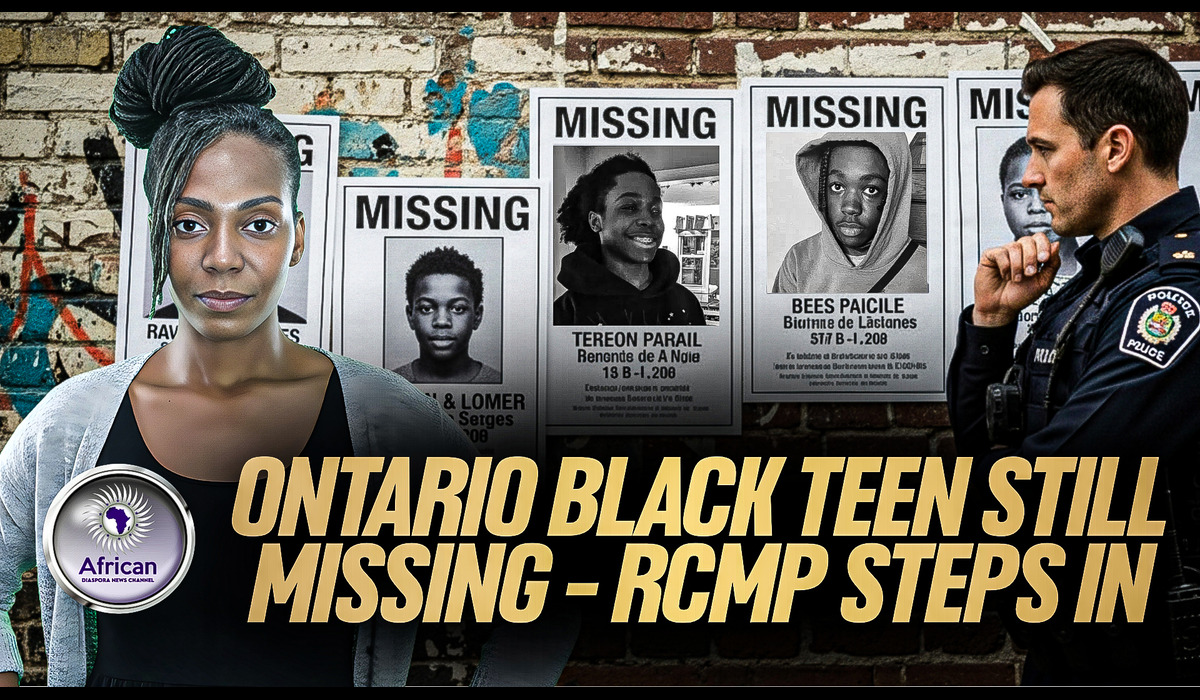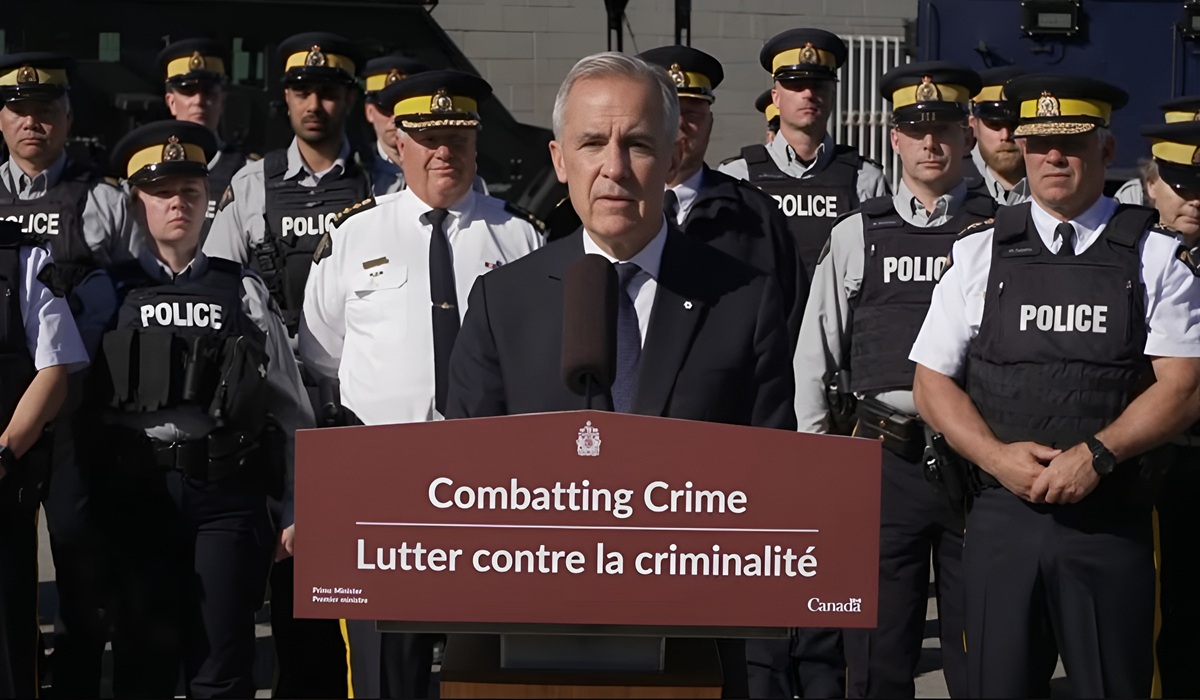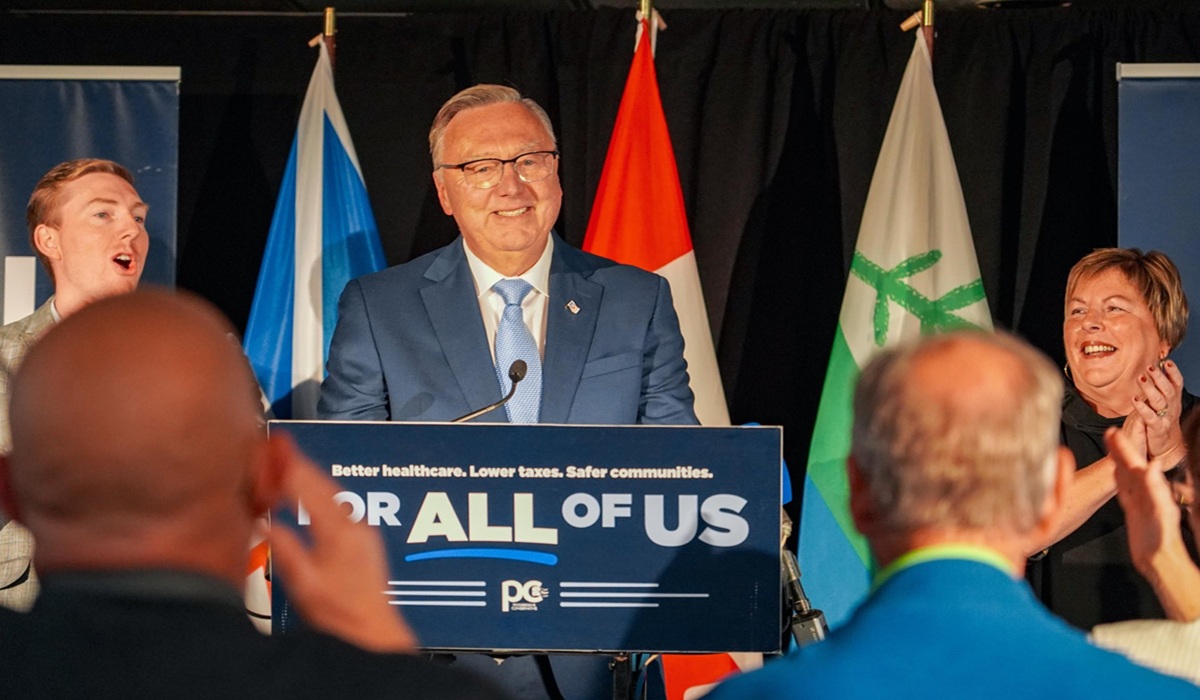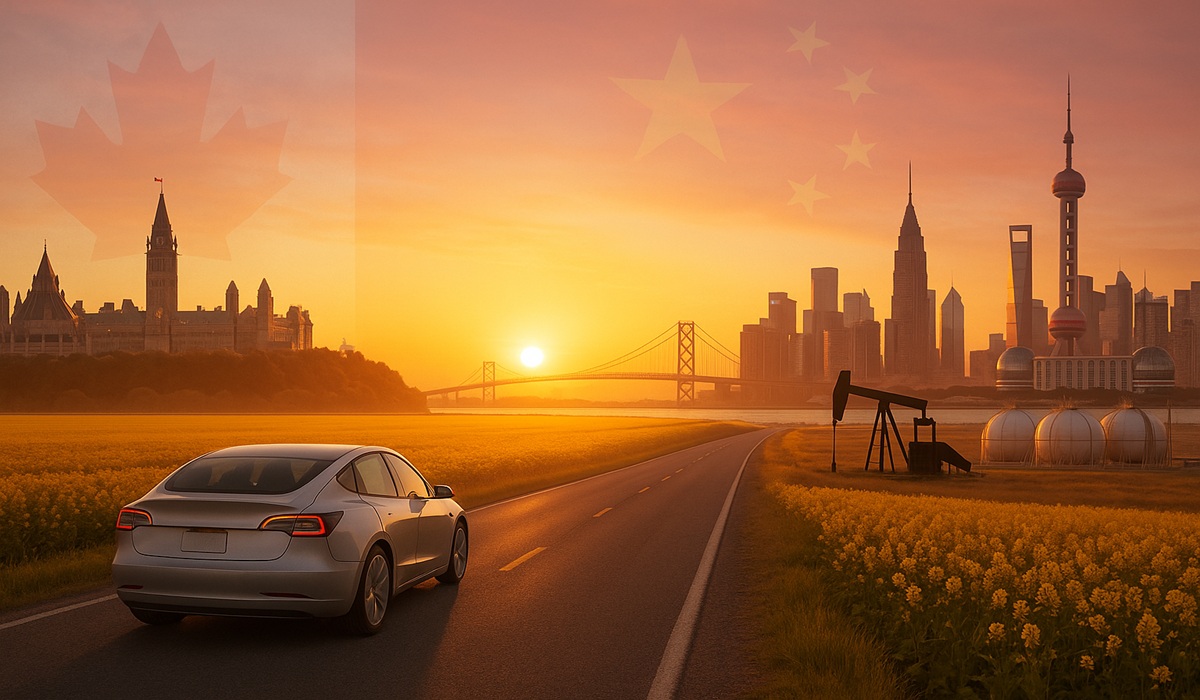Too many in our community have been taught to hate what they see in the mirror. That internalized pain doesn’t just stay within—it spills outward, creating fractures among people who should be standing shoulder to shoulder. Whether it’s the tension between African Americans and Africans in the diaspora, or the often-mocked rivalry between Nigerians and Ghanaians, we are watching an ancient tactic play out in real time: divide and conquer. And worse, many of us are playing right into it.
We see it online, in memes and jokes that cut a little too deep. We see it in real-life interactions where suspicion and superiority replace understanding and solidarity. Some Black Americans see African immigrants as elitist or out of touch. Some Africans view Black Americans as ungrateful or unaware of their ancestral ties. Meanwhile, other communities quietly observe, gaining from our division while secretly wishing they could be everything we are—resilient, innovative, culturally rich, spiritually grounded. But instead of coming together to harness that power, too many of us project our pain onto one another, reinforcing the very systems that were designed to keep us fractured.
The statistics paint a sobering picture. Only about 54% of U.S.-born Black adults feel they have a lot in common with Black immigrants. Among African immigrants, that number drops to 26%. And while nearly 80% of Black people in America report experiencing racism personally, we spend a disproportionate amount of time turning that frustration inward. We pick each other apart on everything from education levels to accents, skin tones to citizenship status, heritage to hood credibility.
But where did this mindset come from? Colonization. Slavery. Generational trauma. Institutional racism. We’ve inherited a blueprint that taught us to distrust our reflections. That made us believe light skin is better. That conditioned us to think that someone with an African name is “other,” and someone without one is “lost.” These aren’t our thoughts—they were planted. And instead of uprooting them, many of us are watering them daily with ignorance, elitism, and ego.
It’s deeper than cultural differences or immigrant versus native debates. This is about power. The more we fight each other, the less we fight the systems stealing from us daily—stealing our history, our unity, our future. We argue over who has it worse, who’s more “authentic,” who deserves the mic—while our collective influence is diluted, our voices muffled, and our potential divided.
But it doesn’t have to be this way. We are not enemies. We are branches of the same tree, scattered across oceans but rooted in shared history, shared struggle, and shared brilliance. When we choose unity over ego, curiosity over criticism, we multiply our power. When we uplift instead of outdo, we build a legacy that can’t be erased.
So let this be a call—not just to acknowledge the divide, but to close it. Unlearn the colonized conditioning. Dismantle the internalized lies. Challenge the projections and the petty rivalries. Ask yourself: are you contributing to the healing, or are you repeating the harm?
The truth is, no one else will save us. No one else will build what we keep tearing down. The power of our unity is the one thing that has always terrified those who profit from our pain. It’s time we remember that. It’s time we reclaim it. And this time, we won’t stutter.
Watch the report:
https://www.youtube.com/live/95obsIiEUs8?si=7Uo4X93qaaK6Y_wO

